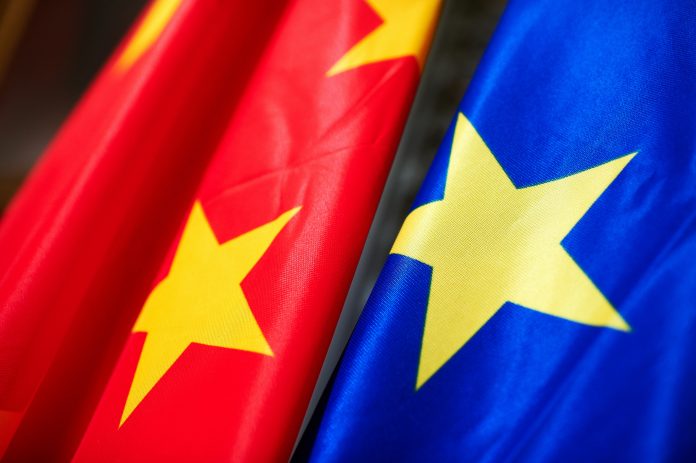Germany’s Economy Minister Peter Altmaier met with this French counterpart, Bruno Le Maire, to discuss the development of a European Union-wide industrial policy.
The aim is to protect the bloc’s industrial base from what Germany and France regard as predatory competition from China, and the threat to European industry from trade wars and tariffs emanating from an increasingly-protectionist US.
As reported by the Irish Times, their meeting came a couple of weeks after the European Commission angered the German and French governments by blocking the merger of Siemens and Alstom that would have created a supersized German-French maker of trains and signalling equipment along the lines of Airbus, the European maker of aircraft.
According to the same report, industrial policy is a relatively new idea in German economic thinking. As Europe’s – and arguably the world’s – export powerhouse Germany has had no need of state-enabled national champions. The country’s economic success over the past two generations, based on its Rhineland model of stakeholder capitalism, meant they more or less created themselves.
There is also concern that Germany’s sudden inclination towards protectionism risks undermining the EU’s most successful creation – the single market for goods.
Meanwhile, the EU’s regulatory and competition framework might be in need of updating to take account of the modernisation of the global economy.

